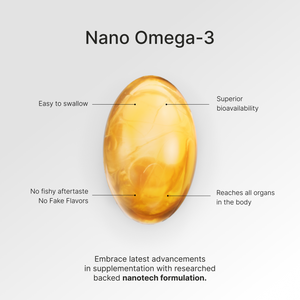It’s natural to feel alarmed when we notice memory or behavior issues in a family member aged 65 or older. Fortunately, these changes don’t always mean that the person has Alzheimer’s disease. Here are 10 differences to help recognize and classify these changes.
Memory problems (Antioxidant Supplement for Short Term Memory Loss) and behavioral changes that occur during the aging process, which are considered normal, sometimes make us question if they are caused by age or by the disease.
The Alzheimer’s Association (American organization) has created guides with some “clues” to characterize how these changes manifest in Alzheimer’s Disease (Alzheimer’s) compared to how they occur during the normal aging process (Age).
1 Memory Loss
Alzheimer’s. This is the most common symptom of the disease, particularly affecting recent memory. (Antioxidant Supplement for Short Term Memory Loss) They forget important dates, ask the same question repeatedly, and need help with calendars, notes, and other aids to remember.
Age. Sometimes they forget names or appointments but later remember them.
2 Problem-Solving and Planning
Alzheimer’s. Their ability to develop or follow plans is impaired. It’s difficult for them to work with numbers, and tasks that used to be easy take much longer.
Age. They may occasionally make mistakes when working with numbers.
3 Difficulty Completing Familiar Tasks
Alzheimer’s. Tasks like driving to a familiar place, managing a budget, or playing their favorite games become challenging.
Age. They may occasionally need help operating a device they are familiar with.
4 Time and Space Confusion
Alzheimer’s. People with Alzheimer’s lose track of time and find it hard to understand something that isn’t happening right now. They may not know where they are or how they got there.
Age. They may occasionally be confused about the day of the week.
5 Problems with Vision and Spatial Relationships
Alzheimer’s. They may have reading difficulties, trouble judging distances, or difficulty distinguishing colors and contrasts.
Age. Vision problems are age-related, like cataracts, glaucoma, or macular degeneration.
6 Oral or Written Words
Alzheimer’s. They find it hard to follow or join conversations. Sometimes, they stop in the middle and have no idea how to continue or repeat themselves. They struggle to find the right words and may name things incorrectly.
Age. They sometimes can’t find the right word.
7 Misplacing Objects
Alzheimer’s. They put objects in unusual places, lose them, are unable to retrace their steps to find them, and may accuse others of stealing.
Age. They may lose something but can retrace their steps to find it.
8 Poor Judgment
Alzheimer’s. They have poor judgment when making decisions, can lose large sums of money, and neglect their appearance and personal hygiene.
Age. They occasionally make a poor decision.
9 Withdrawal from Work and Social Activities
Alzheimer’s. They abandon hobbies, work projects, social relationships, and sports. They may forget how to complete their hobbies and find it difficult to keep up with their favorite sports.
Age. They sometimes feel “tired” of work and social obligations.
10 Mood and Personality Changes
Alzheimer’s. Their mood and personality are very changeable. They may become confused, suspicious, depressed, fearful, or anxious. They get easily upset at home, work, with friends, or in places outside their comfort zone.
Age. They like to do things their way and become irritable if their routines are disrupted.
We’ve seen that in some cases, the differences are very subtle or difficult to pinpoint. Additionally, Alzheimer’s disease is not an acute process, meaning it doesn’t start overnight. The memory decline—being the most common symptom—is progressive: small forgetfulness today... big forgetfulness in months or years.





